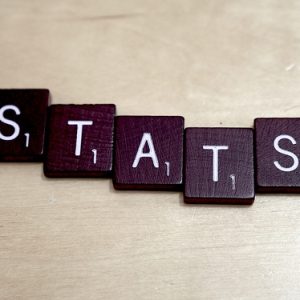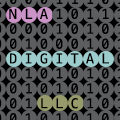Get ready! A real rant I’ve been wanting to do for awhile.
First off, I want to make it clear that this is in no way a commentary or a critique of Michael Cader and his amazing Publishers Marketplace. I firmly believe that Cader, by launching the Deal Lunch feature of PM, has brought a ton of transparency to an industry that had very little before the site was launched in 2001. He deserves a big round of applause.
But I don’t think the general public realizes that deal announcements on Deal Lunch are based on the honor system. Agents report the information to PM and it’s not Cader’s job to fact check or police the deal announcements posted there.
And I know for a fact that some agents exaggerate or misrepresent the deals they post there. How do I know this? From conversations I’ve had over the years with editors about deals I was skeptical went for the money range represented in the deal.
Sometimes authors talk to one another (as well) and we agents get the real details about what happened behind the scenes of a deal. I saw a deal announcement recently that made me shake my head as I was privy to the deal details. The reality of it was definitely not reflected in how it was announced.
By the way, everyone in the industry knows this. I’m not blogging about a topic that will be a shock to any industry folks. Most of us just shrug and say “it is what it is.” But I think it does a disservice to aspiring writers who might rely on the Deal Lunch for an accurate picture of agents and the deals they do.
And the word that is most misused on Deal Lunch? The word “pre-empt.”
For the record:
* it is not a pre-empt if a project is only shopped or seen by one editor.
* it is not a pre-empt if the project is the contractual option material that the editor then offered for.
* it is not a pre-empt if there are no other offers made on the project. If there is only one actual offer, then it’s simply a regular deal.
Quite simply put, a pre-empt is an offer an agent accepts to keep a book from going to auction because there are multiple publishers interested in the work and there are multiple pending offers or multiple offers already on the table.
Any other use of the term is a misrepresentation of the deal.
So if you are an aspiring writer and you are using deal lunch as research, just remember to weigh all the information gathered there with a grain (or a big pinch) of salt.










